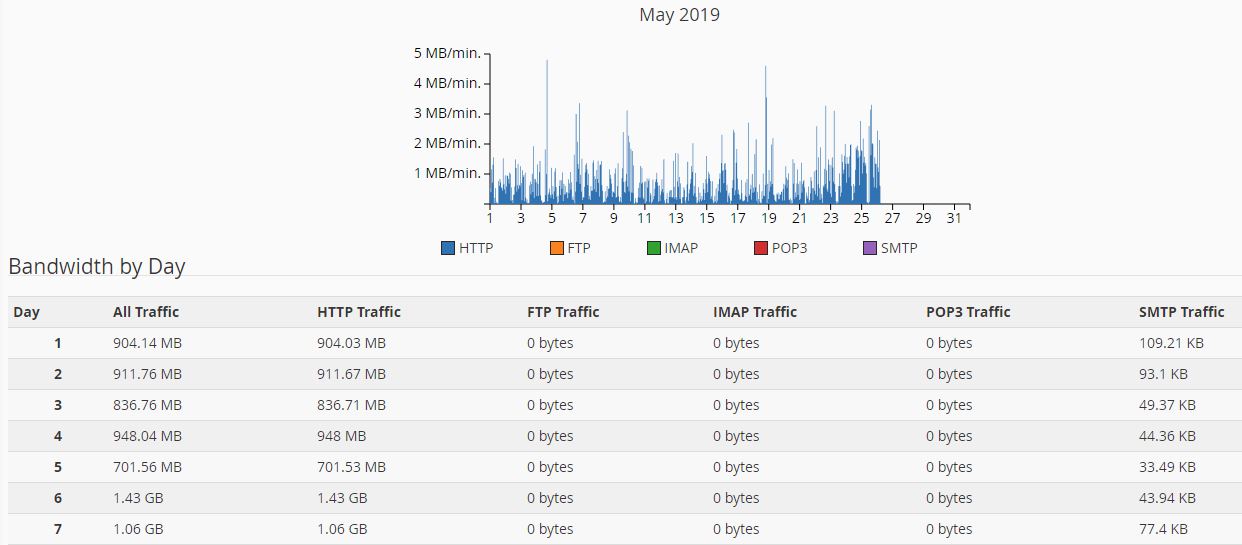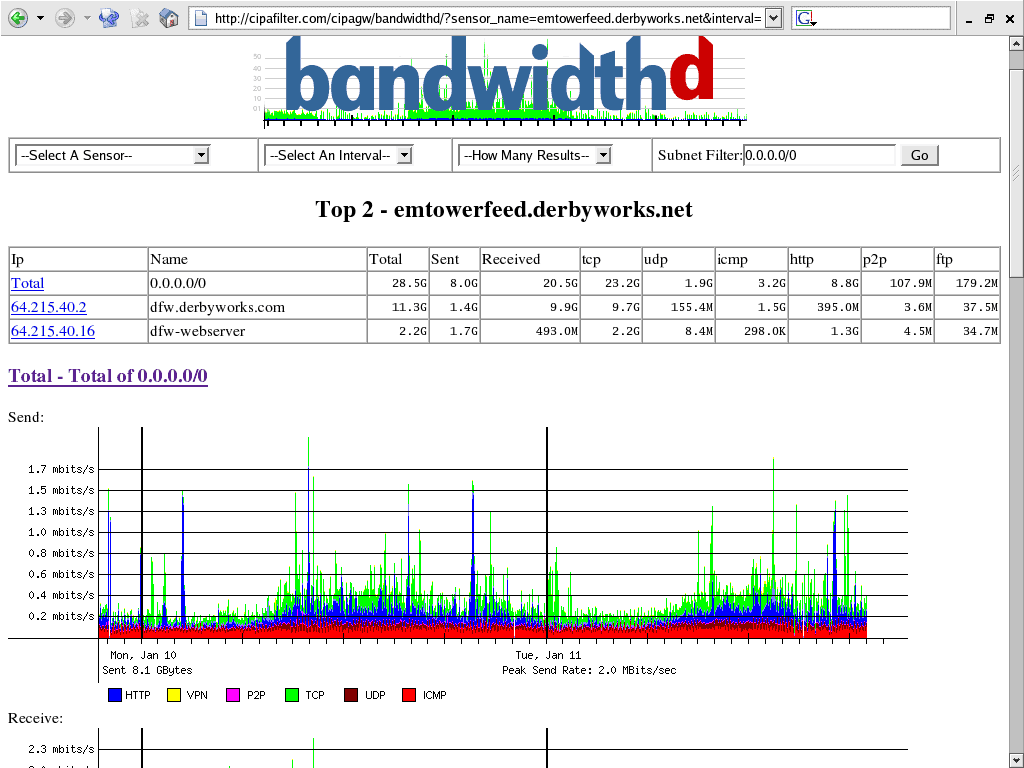

It also ignores the potential of the long tail: Catering to many niche consumers can be more profitable than pumping out one-size-fits-all products or content.ĭefinition: To move a conversation from a meeting to another time and place e.g., “Let’s finish our agenda and take that point offline.” Our 2 cents: A useful concept that takes a lot of explaining. For example, 3 or 4 big Hollywood movies have huge weekend audiences, whereas Netflix has thousands of titles and releases original content frequently. Economically, it’s where giving consumers highly individualized choices is more valuable than producing hits or blockbusters.

We continue to fight the good fight.ĭefinition: The opposite of mass market. Our 2 cents: See “impact.” The business world has tried to turn leverage into a verb, but it’s a noun. Our 2 cents: Was the English vocabulary so lacking in variety that we needed another to way to say “encourage?” “The new features will incentivize user participation.”

Besides, we’ve found that “impact” is a two-dollar word often used when “affect” would do just as well.ĭefinition: Business lingo meaning to provide a reason or impetus for someone to do something, to motivate. We’re not afraid to change with the times, but we were taught that impact is a noun. Our 2 cents: Teeth and bowels are impacted. Two, taxonomies rely on established criteria for classification, whereas folksonomies are susceptible to error and caprice.ĭefinition: To affect one’s business e.g., “Savvy marketing can impact your bottom line.” Our 2 cents: One, “folk taxonomy” is an existing anthropological concept that may cause confusion. Our 2 cents: Why do people in the workplace need yet another euphemism to describe capacity? Is it shame? Fear? We really don’t know.ĭefinition: Derived from “taxonomy,” this cutesy colloquialism used to describe people-driven, collaborative organizational schema such as and flickr, where “plain folks” tag and classify content. Our 2 cents: We’re hearing it used to mean “exception to the rule,” but we’d just prefer to hear “exception to the rule.” With that phrase, everyone will know what you’re talking about.ĭefinition: Available time and resources, like “bandwidth.” Use derived from references to computer processing cycles. You can dump significant others, you can dump your lunch dump this trite phrase, not your brain.ĭefinition: Originally a legitimate engineering term, a corner case refers to a situation that happens when numerous variables occur simultaneously at extreme levels. Our 2 cents: We suppose it’s better to brain dump than brain constipate, but the noun phrase already exists in the English language: “in-depth.” Need to teach someone how do something quickly? You’re talking “in-depth.” Feel like unloading your mind into your online journal? That’s a feature-but it’s also an “in-depth” discussion. The target, or “dumpee,” could also be a simple object: a piece of paper or its online equivalent, a blog. Our 2 cents: The darling of dotcommers and techies in the ’90s, this word is past its prime.ĭefinition: Quickly transfer a large body of knowledge from one individual to another. Products have features included in them.ĭefinition: Capacity e.g., “We don’t have the bandwidth to create that presentation.” Our 2 cents: Our mothers’ brownies have walnuts baked into them. For example, “The spellchecker is baked into the email program.” Our 2 cents: OK for use in conversation, but don’t write it down it’s clunky and awkward-looking.ĭefinition: Anything that comes with a product.

Our 2 cents: Stealing lingo from wordy lawyers? That’s a bad sign.ĭefinition: The moment when you get it: the solution, the realization, the answer. This edition features 25 jargon words to avoid (like the plague).ĭefinition: Subject to or affording ground for an action or suit at law in business terms, it’s the idea of taking action toward a solution e.g., “Let’s take actionable steps to solve that issue.” Welcome to another edition of Jargon Watch, Tendo’s periodic column featuring objectionable business jargon.


 0 kommentar(er)
0 kommentar(er)
